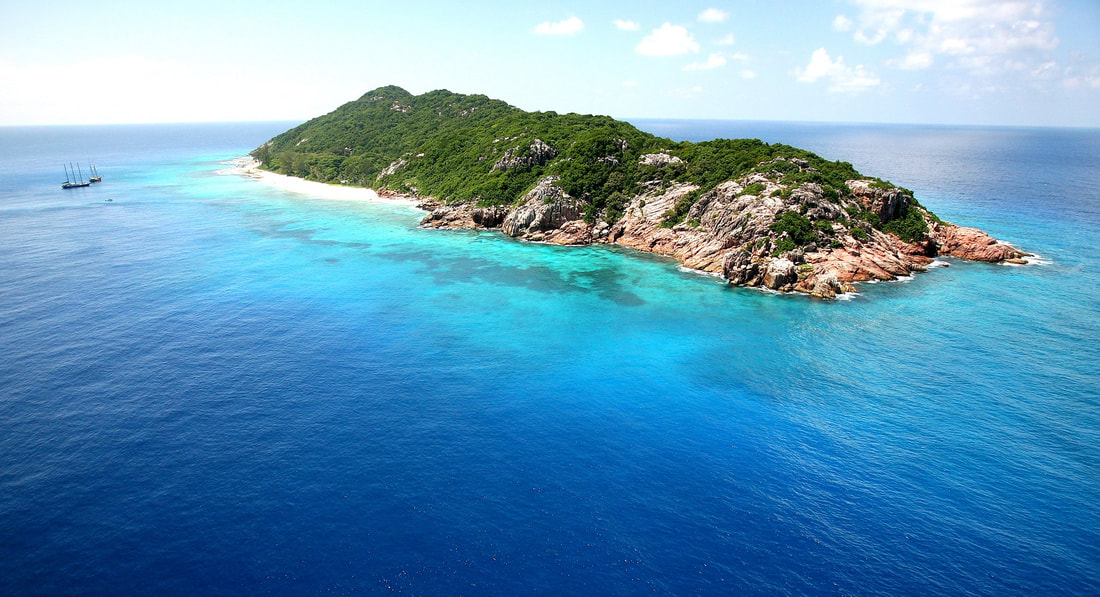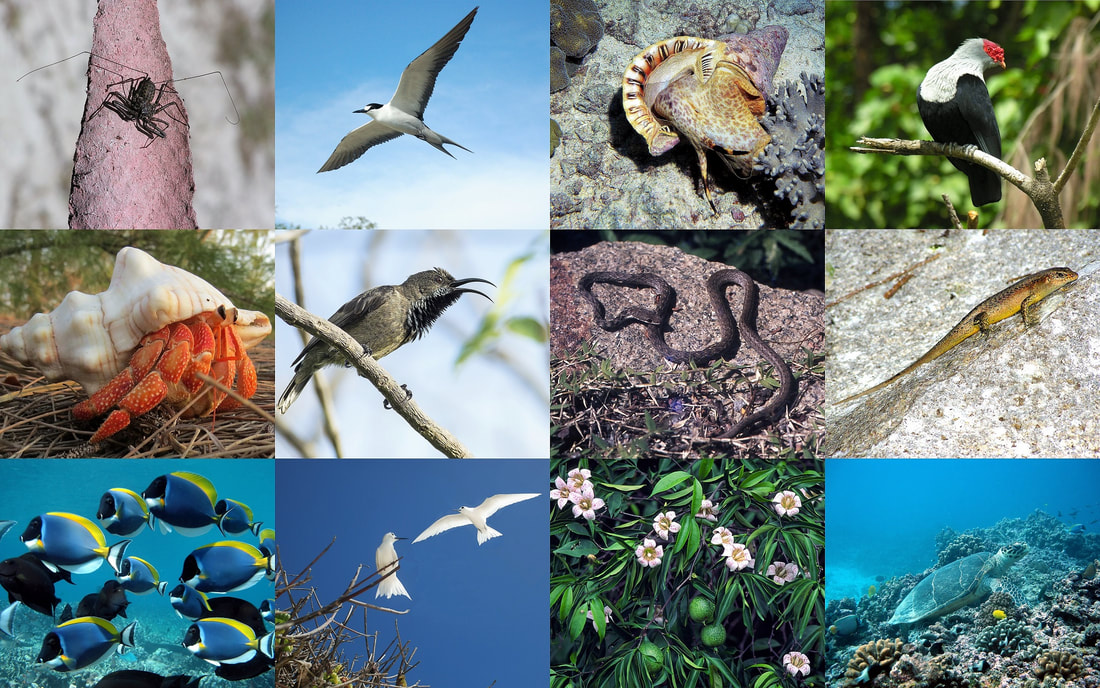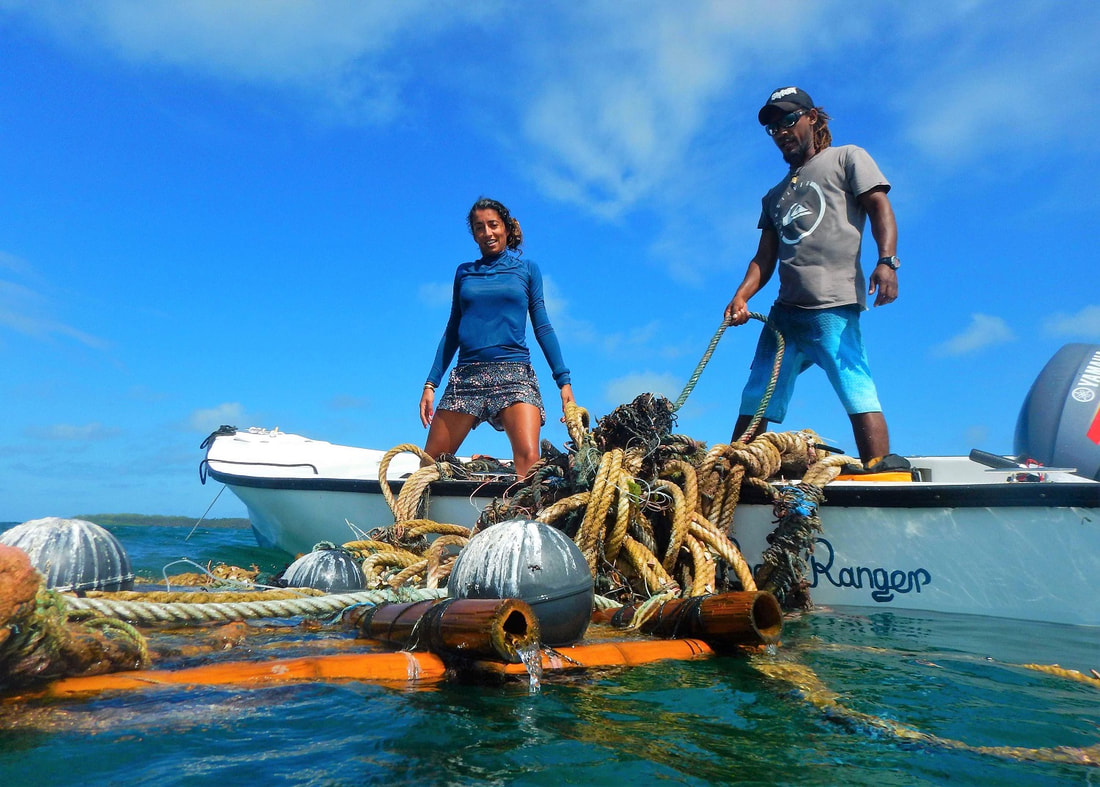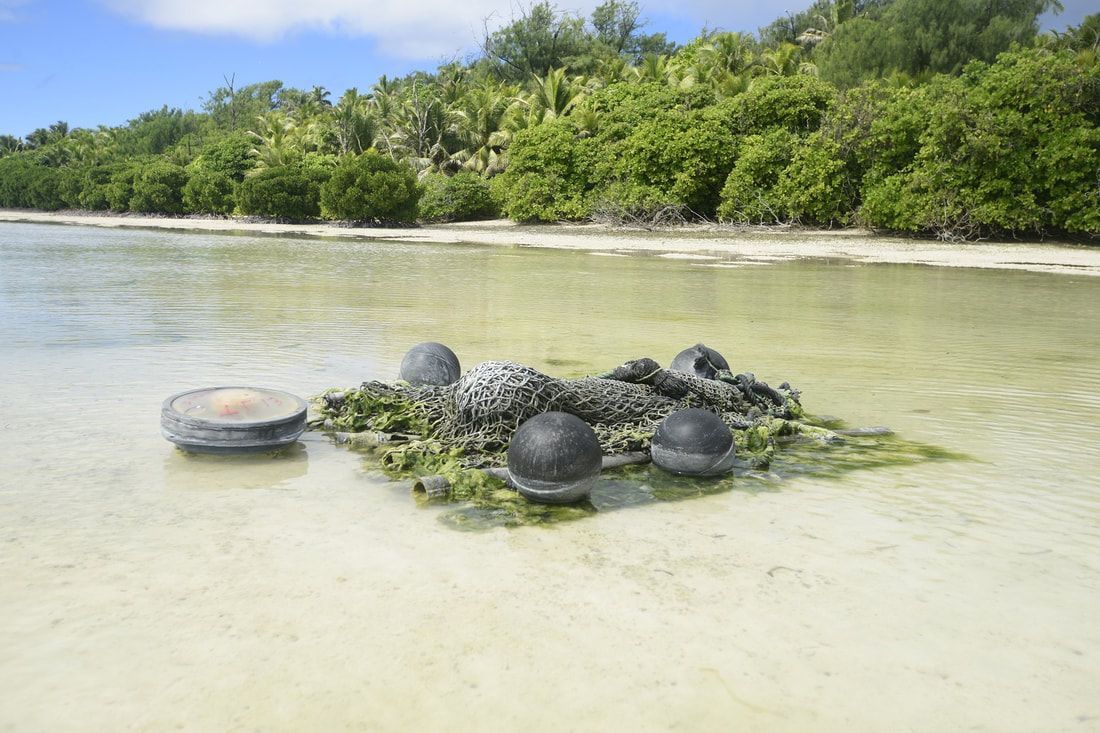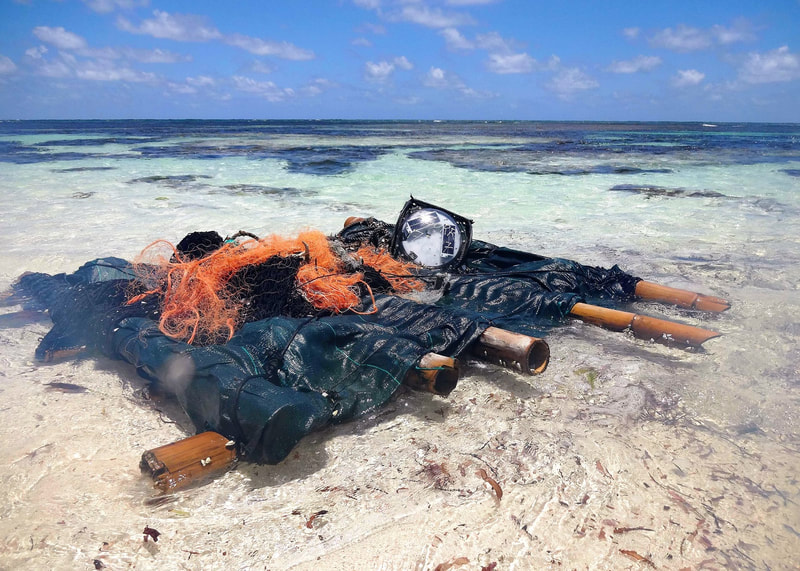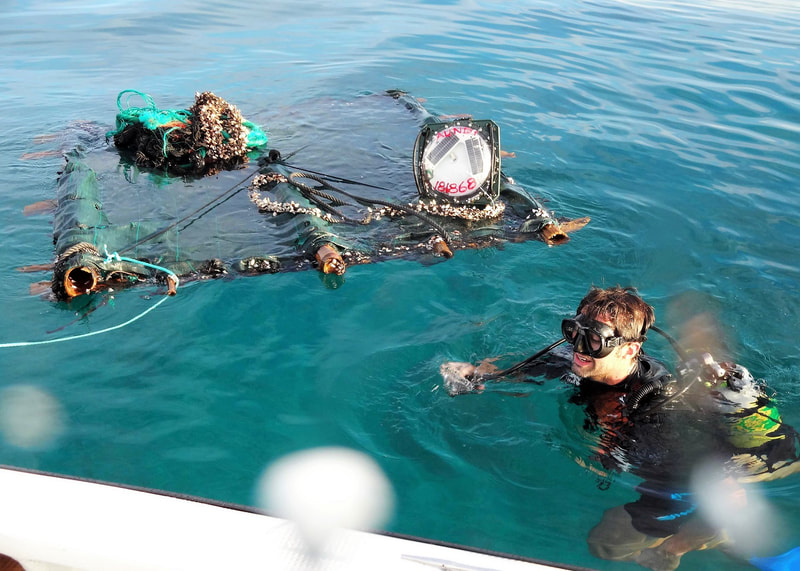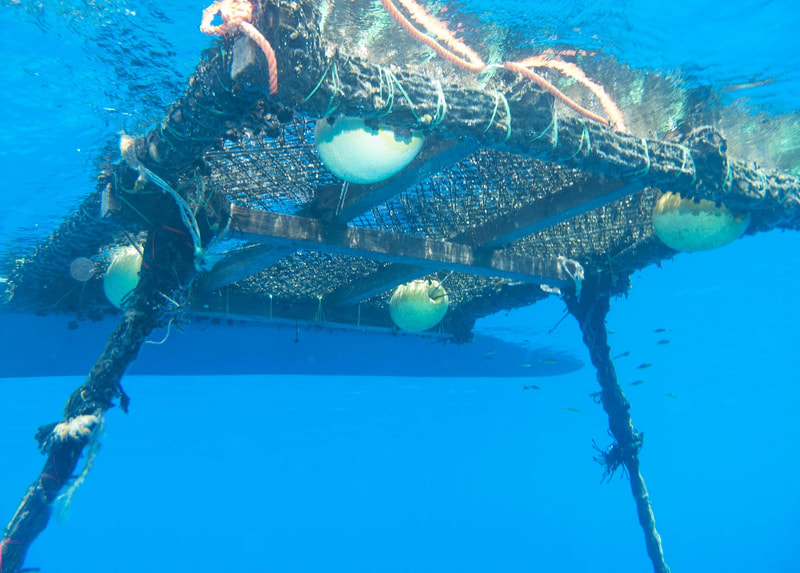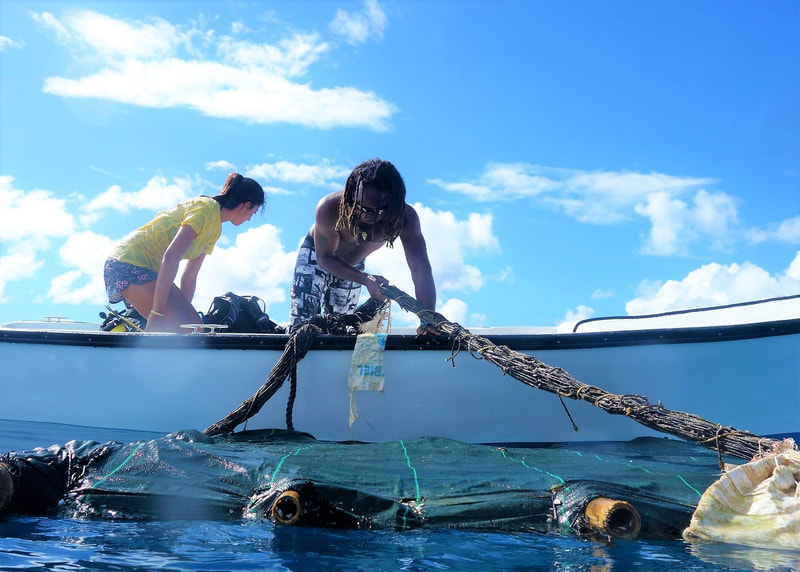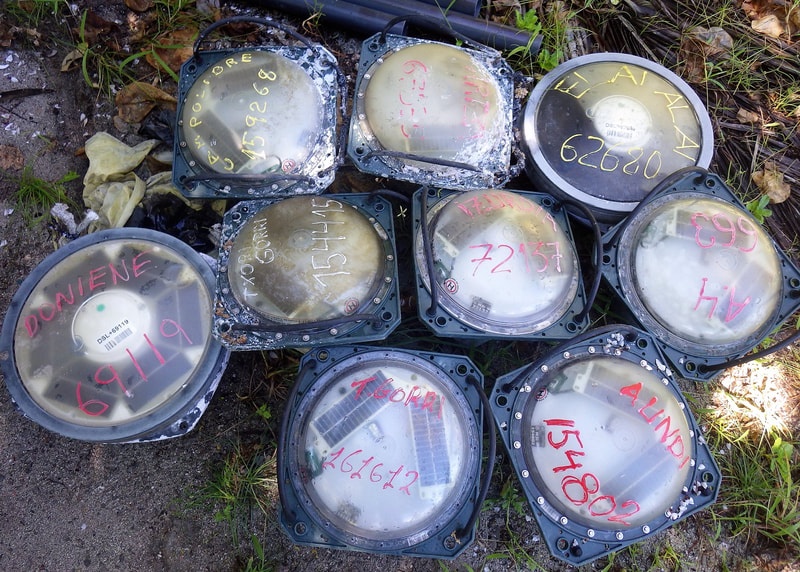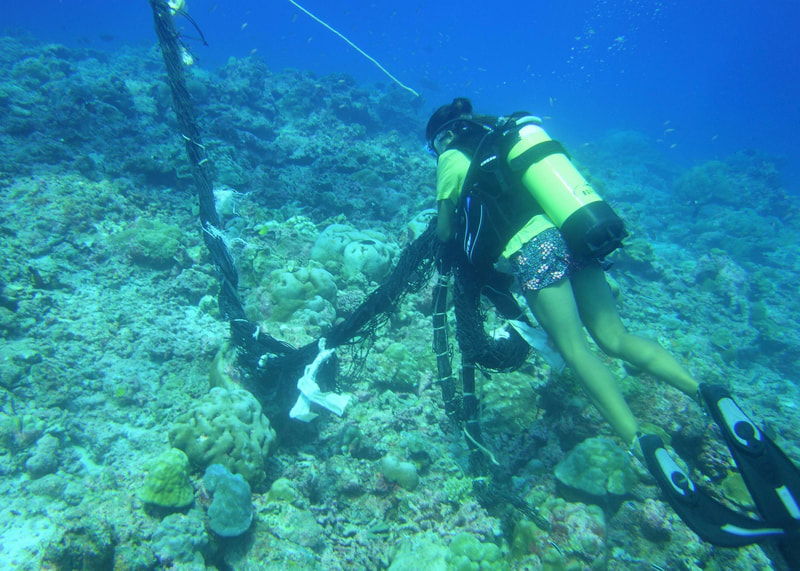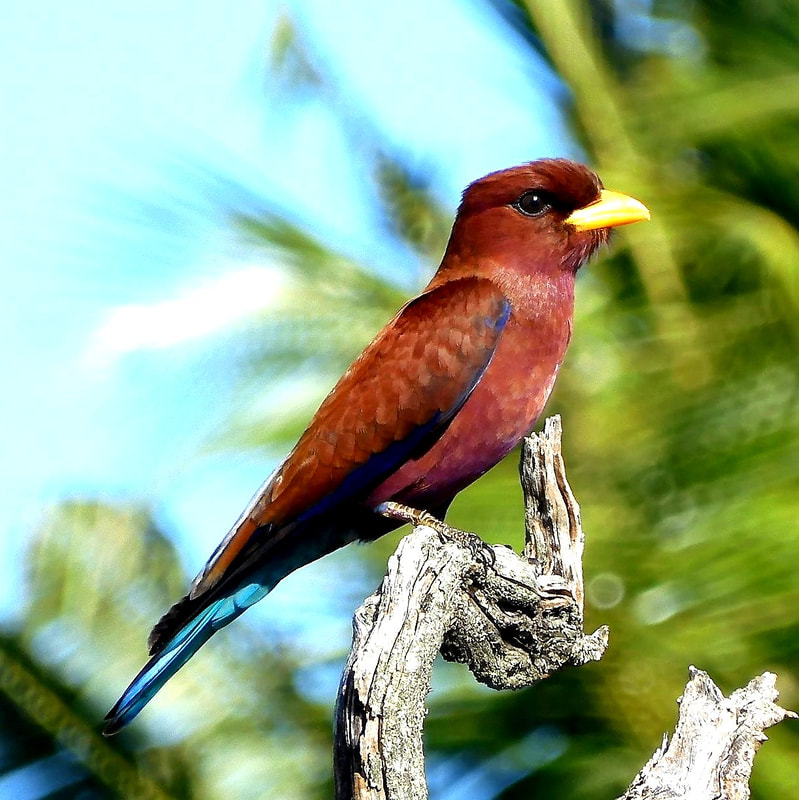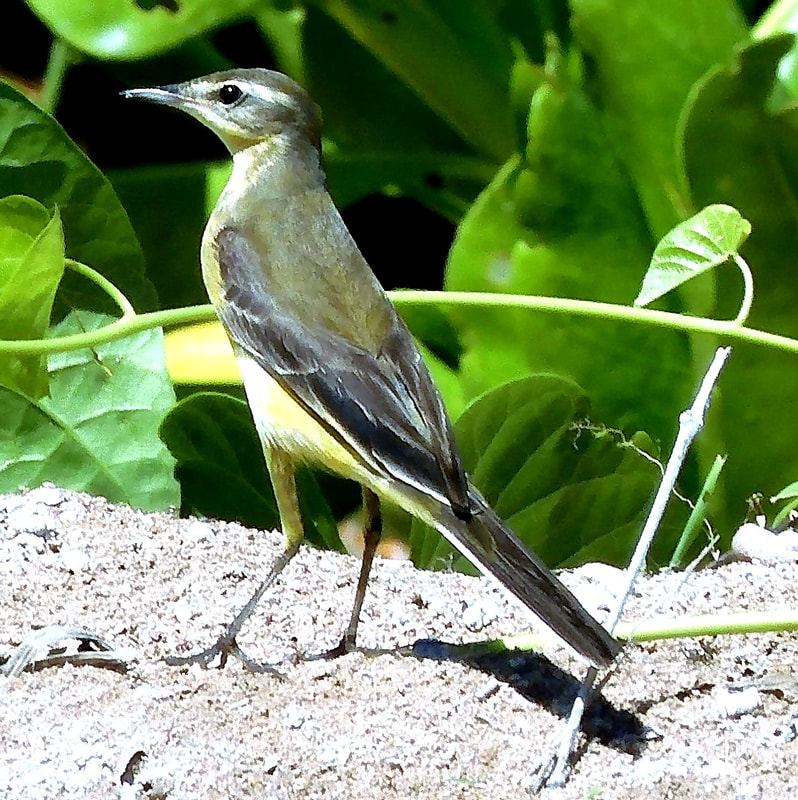|
ICS has joined other stakeholders to celebrate National Protected Areas Day and contributed an article to the local media.
Seychelles has declared 30% of its Exclusive Economic Zone as protected, approximately the size of Germany. In terms of terrestrial coverage, Seychelles has one of the highest ratios in the world, with 47% of its total landmass protected. Aride Island is one of these protected areas. The full news article can be accessed here.
0 Comments
Aride Island is the flagship island of ICS. It is the largest nature reserve in the granitic islands, with more seabirds than any other Seychelles island, five endemic land birds and its own unique plant. It is surrounded by waters with a rich marine life. Our new website has recently been launched featuring galleries and information on over 200 species of Seychelles flora and fauna.
The January to March 2021 edition of Silhouette , the in-flight magazine of Air Seychelles features an article with a selection of wildlife. The article may be downloaded here. This is just a sample of what can be seen online. The full website and galleries may be seen here. ICS has again highlighted in local media the damage being done to marine ecosystems in the Indian Ocean by the use of Fish Aggregating Devices (FADs) by tuna fleets.
Ships have been strictly banned from throwing trash overboard for more than 30 years. Yet over the same period up to two million FADs have been dumped at sea each year and in most cases are not recovered. They are a legalised, poorly regulated form of marine pollution, employed by the richest fishing industry in the world to improve its productivity. Tuna was probably overfished in many parts of the world even before the widespread use of FADs, when pelagic tuna fleets targeted solely free-swimming schools of tuna. FADs are subject to little regulation. Nor has much attention been given to the environmental impact and the work inflicted on NGOs such as ICS attempting to defend fragile island and marine ecosystems when FADs wash ashore. The average FAD-caught fish is smaller and their use incurs a relatively large bycatch, including several species of pelagic sharks, turtles and juvenile fish. On top of that, FADs are washing ashore at almost every island in Seychelles, smothering coral reefs with tentacles of rope. It is back-breaking work to remove FADs entangled on reefs. It is arguably a form of marine pollution. The latest ICS article was published today 9 January 2021 and can be read in full in Today in Seychelles here and in Seychelles Nation here. Two rarities have been sighted by Island Conservation Society staff at Farquhar within the space of two days. On 4 January, Annabelle Cupidon was cycling to the Farquhar airstrip to look for vagrant birds when she saw a flash of red feathers in a bwa blanc tree near the road. Then the bird flew towards Coco Edok marsh where she got a better view and was able to confirm identification as a Broad-billed Roller. The nominate race of Broad-billed Roller breeds at Madagascar migrating to East Africa. Other races are resident sub-Saharan Africa. This is the fourth report from Farquhar since ICS established a Conservation Centre there.
Two days later on 6 January, while conducting a beach patrol at Ile Déposées, Annabelle Cupidon and Matthew Morgan spotted another unusual visitor, a Western Yellow Wagtail. This is the first report of any vagrant species from this tiny island and the third for the atoll as whole (all three since the establishment of the ICS Conservation Centre at Farquhar). |
Categories
All
Archives
June 2024
|

